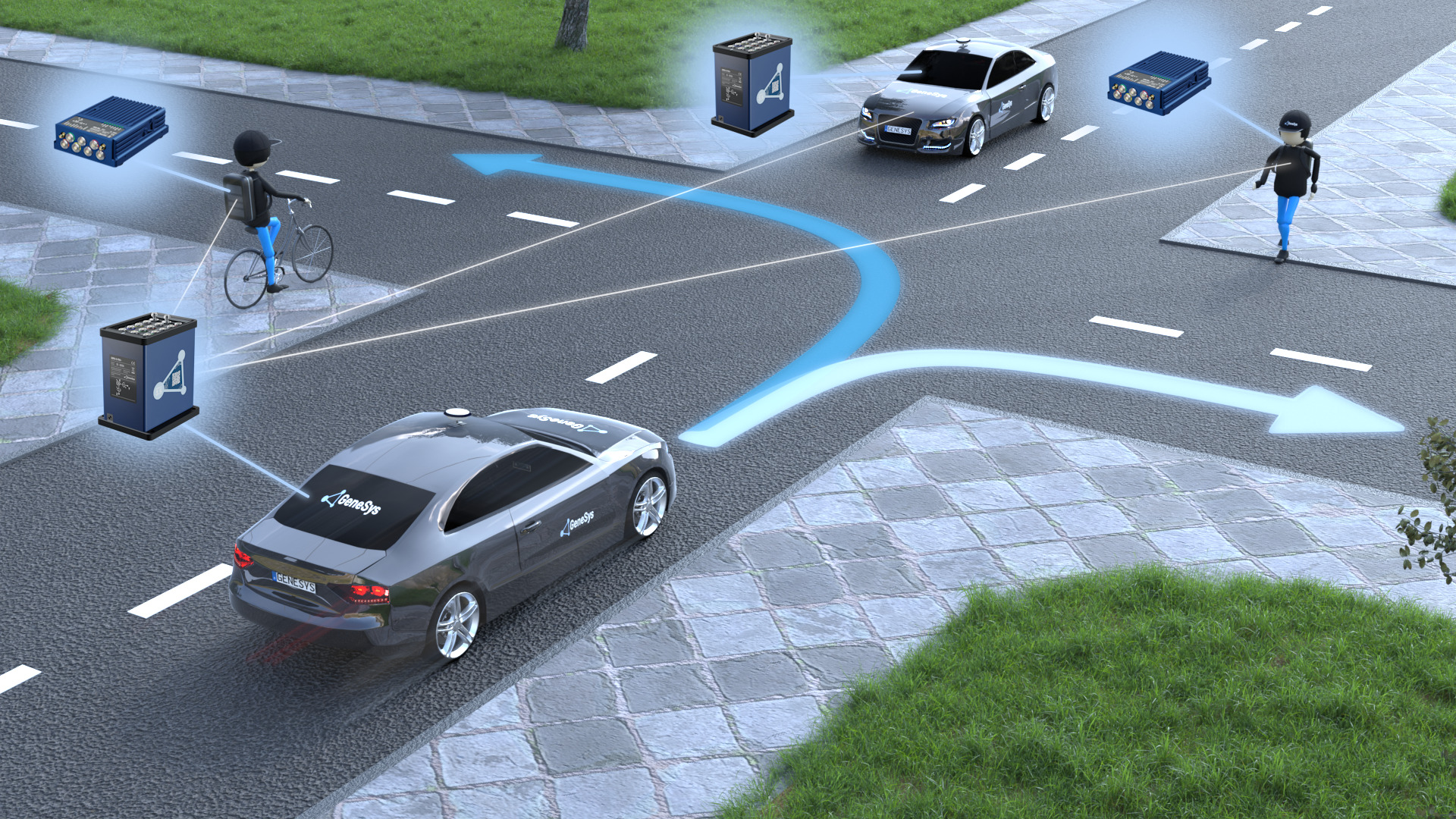UL 50E Enclosure Durability Testing for ADAS Modules
The UL 50E test standard is a cornerstone of product durability and safety in the automotive industry. This robust test evaluates enclosures used to house Advanced Driver Assistance Systems (ADAS) modules, ensuring they can withstand harsh environmental conditions without compromising performance or integrity.
In an era where autonomous vehicles are rapidly advancing, ADAS systems play a crucial role in enhancing road safety and reducing accidents. The enclosures protecting these systems must be resilient against various environmental stresses such as temperature extremes, humidity, vibration, and mechanical impacts. Failure to meet these stringent requirements can lead to system malfunctions, putting drivers at risk.
The UL 50E standard covers a range of tests designed to simulate real-world conditions that enclosures might encounter during their lifecycle. These include:
- Temperature cycling (thermal stress)
- Vibration testing
- Mechanical impact resistance
- Humidity and dew point exposure
- Salt fog corrosion testing
- Sunlight exposure tests (UV radiation)
These tests are critical for ensuring the long-term reliability of ADAS enclosures. Compliance with UL 50E standards not only meets regulatory requirements but also enhances brand reputation and consumer trust.
The testing process involves several key steps, starting with thorough specimen preparation. This includes:
- Ensuring the enclosure is representative of production models
- Performing a visual inspection for any defects or anomalies
- Applying appropriate labels and identification marks as per standard requirements
The testing itself involves placing the ADAS module enclosures in environmental chambers designed to simulate various conditions. Each test is meticulously recorded, including temperature, humidity levels, vibration frequencies, and impact force data.
Once testing is complete, a comprehensive report is generated detailing all test parameters and results. This report serves as critical documentation for regulatory compliance and internal quality assurance processes.
The importance of UL 50E testing cannot be overstated in the automotive sector. By adhering to these standards, manufacturers can ensure their ADAS systems are robust enough to function reliably under extreme conditions. This not only enhances safety but also protects against potential recalls and product liability issues.
For quality managers, compliance officers, and R&D engineers, UL 50E testing is an essential component of the development cycle for autonomous vehicles. It provides a framework for assessing the durability and reliability of ADAS enclosures, ensuring they meet both current and future safety standards.
Why It Matters
The automotive industry is witnessing a paradigm shift with the advent of autonomous vehicles. These vehicles rely heavily on advanced driver assistance systems (ADAS) to operate safely. ADAS modules, such as cameras, radar sensors, and lidar units, are integral components that require robust enclosures capable of enduring various environmental stresses.
Environmental factors can significantly impact the performance and longevity of these systems. Extreme temperatures, humidity, salt spray, and mechanical impacts are just a few examples. Ensuring ADAS modules operate optimally under such conditions is paramount for safety and reliability.
The UL 50E standard provides a rigorous framework for evaluating enclosures used in ADAS systems. By adhering to this standard, manufacturers can:
- Ensure compliance with international regulations
- Enhance product safety and reliability
- Reduce the risk of system failures under adverse conditions
- Ease the process of obtaining certifications from regulatory bodies
- Build trust with consumers who demand safe, reliable vehicles
In essence, UL 50E testing is not just a compliance requirement but a commitment to excellence in automotive engineering. It ensures that ADAS enclosures are built to last and perform reliably under the harshest conditions.
Applied Standards
The UL 50E standard is widely recognized for its stringent requirements regarding environmental durability testing of electronic equipment. This standard ensures that products meet specified performance criteria in various environmental conditions, including temperature, humidity, vibration, and mechanical impact.
The relevant sections of the UL 50E standard specifically pertinent to ADAS enclosures include:
- UL 50E Section 11.2 - Temperature Cycling
- UL 50E Section 14.2 - Vibration Testing
- UL 50E Section 18.2 - Mechanical Impact Resistance
These sections provide detailed instructions and acceptance criteria for each type of test, ensuring that the enclosures undergo comprehensive evaluation.
The UL 50E standard is complemented by other international standards such as ISO/TS16949 for quality management systems in the automotive industry. Together, these standards form a robust framework for ensuring product reliability and safety.
Compliance with UL 50E is crucial not only for regulatory purposes but also to demonstrate a commitment to quality and customer satisfaction. It ensures that ADAS enclosures are built to withstand real-world conditions, thereby enhancing the overall safety of autonomous vehicles.
Quality and Reliability Assurance
- Thorough Specimen Preparation: Ensuring that the ADAS module enclosures are representative of production models and free from defects or anomalies is critical. This involves meticulous visual inspections and labeling.
- Environmental Simulation: The testing chambers used for UL 50E comply with strict specifications to ensure accurate simulation of real-world conditions. These include precise temperature control, humidity levels, and vibration frequencies.
The process also involves detailed documentation of test parameters such as temperature cycles, humidity levels, and impact forces. This ensures that every aspect of the test is accurately recorded and can be reproduced if necessary.
After testing, a comprehensive report is generated detailing all aspects of the test procedure and results. This report serves as critical documentation for regulatory compliance and internal quality assurance processes.
The importance of UL 50E testing cannot be overstated in the automotive sector. By adhering to these standards, manufacturers can ensure their ADAS systems are robust enough to function reliably under extreme conditions. This not only enhances safety but also protects against potential recalls and product liability issues.





